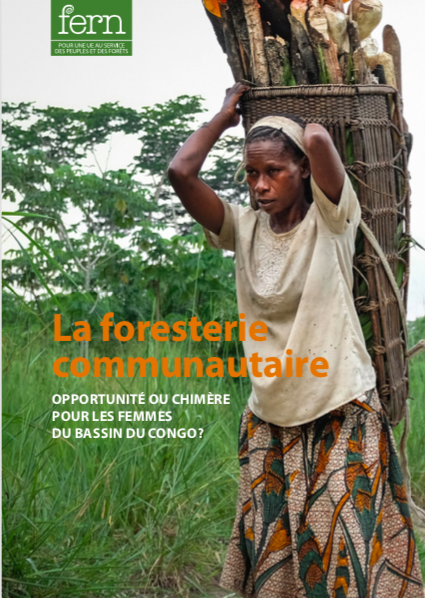Mekong Land Research Forum: Annual country reviews 2018-19
The Annual Country Reviews reflect upon current land issues in the Mekong Region, and has been produced for researchers, practitioners and policy advocates operating in the field. Specialists have been selected from Cambodia, Laos, Myanmar, Thailand and Vietnam to briefly answer the following two questions:
1. What are the most pressing issues involving land governance in your country?
2. What are the most important issues for the researcher on land?






